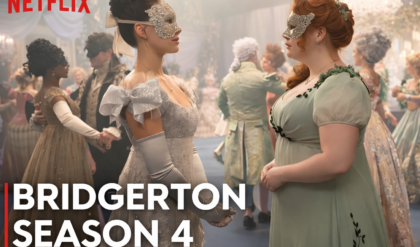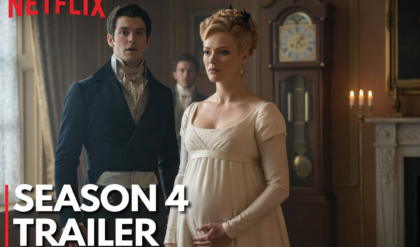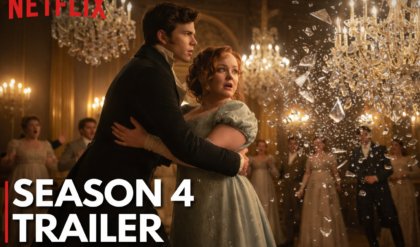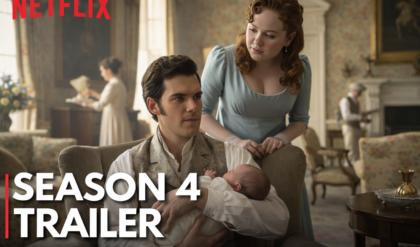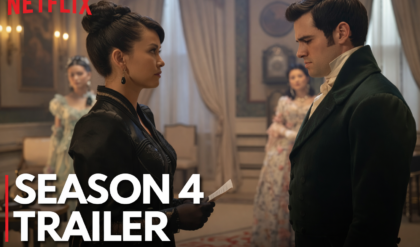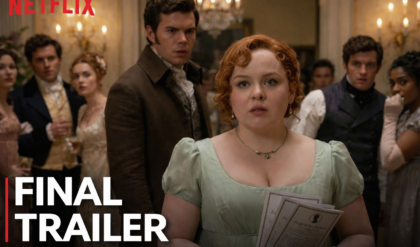Netflix’s Adolescence, a four-episode mini-series about a teenage boy accused of murdering a female classmate, has caused quite a stir with viewers and has already climbed the streamer’s Top 10 list. Each episode of the British crime series was filmed in just one take, making the story feel incredibly intense and visceral. Given its immersive storytelling, it’s no surprise viewers are left wondering whether Adolescence was based on true events or real teens.
Here’s what you need to know about the inspirations behind Netflix’s latest breakout TV show.
Was Adolescence inspired by real events?
Rather than being based on a particular crime or just one person, a sequence of devastating news stories led to the development of Adolescence. Co-creator, co-writer, and star Stephen Graham, who plays Jamie’s dad Eddie in the series, told The Independent, “I read an article about a young boy stabbing a young girl…And then maybe a couple of months later, on the news there was [another] young boy who’d stabbed a young girl, and if I’m really honest with you, they hurt my heart.”
Graham also shared his horror that “young boys…not men” were committing heinous violence against women, along with an large increase in knife crimes across the U.K., all influenced Adolescence, according to Birmingham Live. As noted by The Ben Kinsella Trust, “Knife crime [in the U.K.] increased by 80 percent over the past 10 years,” with 50,973 offenses committed in the 12-month period prior to June 2024.
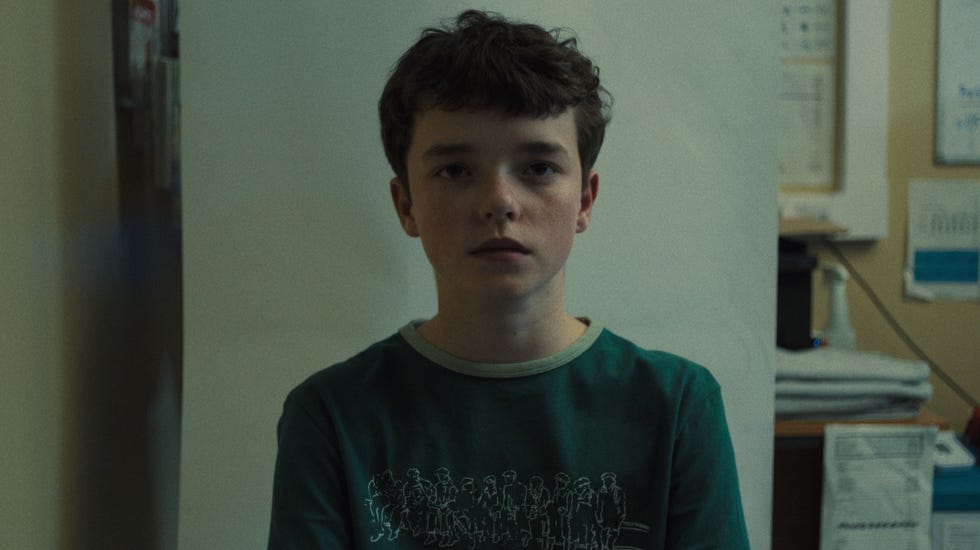
Netflix
Owen Cooper as Jamie Miller in Adolescence.
The show’s creators wanted viewers to relate to the story and its characters as intimately as possible. “We could have made a drama about gangs and knife crime, or about a kid whose mother is an alcoholic or whose father is a violent abuser,” Graham told Tudum. “Instead, we wanted you to look at this family and think, ‘My God. This could be happening to us!’ And what’s happening here is an ordinary family’s worst nightmare.”
How did a toxic internet subculture influence the series?
In the second episode of Adolescence, Detective Investigator Luke Bascombe (Ashley Walters) discovers that accused murderer Jamie had been called an incel by his future victim, Katie. Initially, Bascombe suggests Jamie was being bullied by Katie, but his colleague, Detective Sergeant Misha Frank (Faye Marsay), attempts to assuage any potential victim-blaming narrative, telling him, “Do you know what I don’t like about all this? The perpetrator always gets the front line: ‘A man raped a woman.’ We’ve followed Jamie’s brain around this entire case, right? Katie isn’t important. Jamie is. Everyone will remember Jamie. No-one will remember her. That’s what annoys me. That’s what gets to me.”
The show’s third episode uncovers more of Jamie’s motives for killing Katie, when psychologist Briony Ariston (Erin Doherty) meets with the teenager to evaluate his mental state. Briony asks Jamie about some of the comments Katie made on his Instagram account, and he reveals that Katie accused him of being in a “truth group.” He shares that “incel stuff” had been a popular topic at school, and he believes the “80-20 thing,” which suggests “80 percent of women are attracted to 20 percent of men.” Jamie then says he’d asked Katie on a date, as she seemed “weak” after nude photos of her were shared around the school. She turned him down, and started calling him an incel online soon after.
While the impact that “incel culture”—which refers to men who blame women for their romantic and sexual abstinence—has on young people is only touched upon briefly in Adolescence, co-creator and writer Jack Thorne told The Independent, “[Teenage boys are] watching a lot more dangerous stuff than Andrew Tate…We were trying to present a portrait of complexity of this kid that had been made by all sorts of different influences and the thing about incel culture is there’s a logic to it.”
While developing the series, Thorne was directed to the “manosphere” and “incel culture” by a colleague, and “quickly grasp[ed]” the attraction of the toxic community. “I knew almost immediately that if I was an isolated kid, I would find answers as to why I felt a bit lost,” Thorne told The Guardian. “One of the central ideas—that 80 percent of women are attracted to 20 percent of men—would have made adolescent me sit up and, frankly, nod. The path then becomes: What do you do to upset that equation? How do you manipulate and harm in order to reset a female-dominated world that works against you?”

Netflix
Owen Cooper as Jamie Miller in Adolescence.
While Andrew Tate is only very briefly name-dropped in Adolescence, any reference to the former kickboxer turned misogynistic, far-right commentator feels particularly prescient. As Graham noted in an interview with GQ UK, “When I was a kid, when I was in my bedroom, my mom knew I was safe…But in today’s day and age, these phones are very dangerous. And these so-called influencers, I think there’s a huge responsibility there.”
What have Adolescence’s creators said about the show?
Co-creator and star Stephen Graham told The Independent that Adolescence should serve as a “warning” to parents. “There’s influences that we have no idea of that are having profound effects on our young culture, profound effects, positive and extremely negative,” he explained. “So, it’s having a look at that and seeing that we’re all accountable.”
There’s no simple answer regarding what influences a teenager like Adolescence’s Jamie to commit a violent crime. However, Graham hopes viewers will ask important questions about the ways young people are influenced online. “Maybe we’re all accountable: family, school, society, community, environment,” he explained. While speaking to Tudum, Graham also flagged “the pressures [young men] face from their peers, from the internet, and from social media.”
Ultimately, co-creator Jack Thorne believes more action needs to be taken when it comes to young people accessing misogynistic and potentially violent material online, telling The Guardian, “Parents can try to regulate this, schools can stop mobile phone access but more needs to be done. There should be government support because the ideas being expressed are dangerous in the wrong hands and young brains aren’t equipped to cope with them.”
